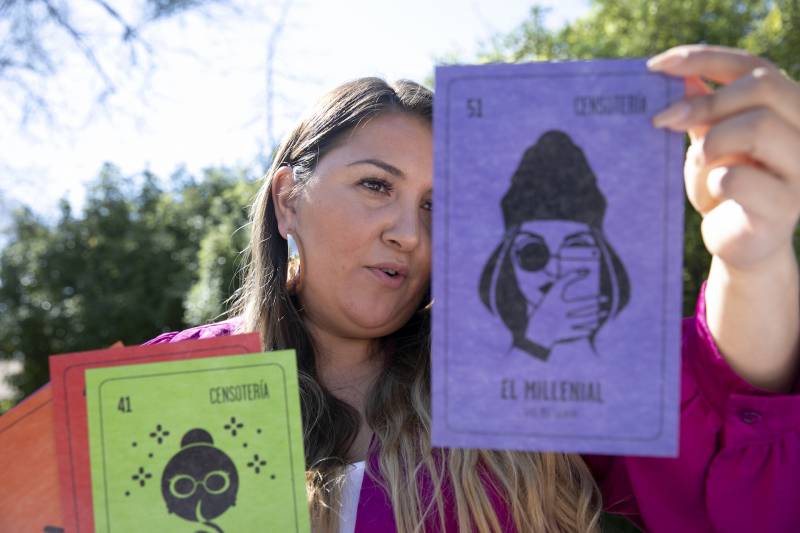Sanchez's version, Censotería, received more than 300 Instagram likes and piqued the interest of census officials in Alabama, Illinois and Texas. La Luz, the civic participation group that Sanchez works for, partnered with the Latino Community Foundation, printing out about 500 copies and distributing them throughout the community. They even created a free downloadable game.
Now, for all of Sanchez’s creativity, it’s unclear whether the game, which is part of the state’s $187 million census outreach effort, will move the needle even slightly. As the coronavirus pandemic upends every aspect of life in California, it is far from clear what, if anything, will help push the state's millions of hard-to-reach residents to complete their census questionnaires.
In the coming days, residents across the nation will receive mailers (or have already) asking them to respond online — or by phone or mail — to nine basic questions about their household as part of a decennial federal population count. But getting an accurate count this year could prove extremely challenging, particularly in California. The state faces powerful headwinds that are expected to depress census turnout, not only from the mounting threat of the coronavirus, but also from widespread distrust sowed by the Trump administration’s anti-immigration policies, including a failed attempt to include a citizenship question on the form.
For California, where the population growth rate is at its slowest in over a century, the stakes have never been higher: A significant undercount could jeopardize one of the state's 53 congressional seats, along with billions of dollars in federal funding.
Just as census notices began landing in people’s mailboxes, Gov. Gavin Newsom clamped down on public gatherings in an effort to mitigate the coronavirus outbreak, disrupting months of planned outreach events and door-to-door appeals.
“It’s been a challenge because we have to take precautions on how we conduct outreach,” said Melissa Vergara from the San Mateo County Office of Community Affairs.
And allies have unintentionally sent mixed signals. Some immigrant rights activists, who spent last year cautioning immigrants to ignore federal agents knocking on their door during nationwide raids, are now encouraging people to voluntarily give information to the Census Bureau, which is part of the federal government.
Millions of Californians are now at risk of being undercounted. This "hard-to-count" population includes homeless people, young men and those living in transitory or nonstandard housing situations. It also comprises many young children, who are often not recorded in household responses.

